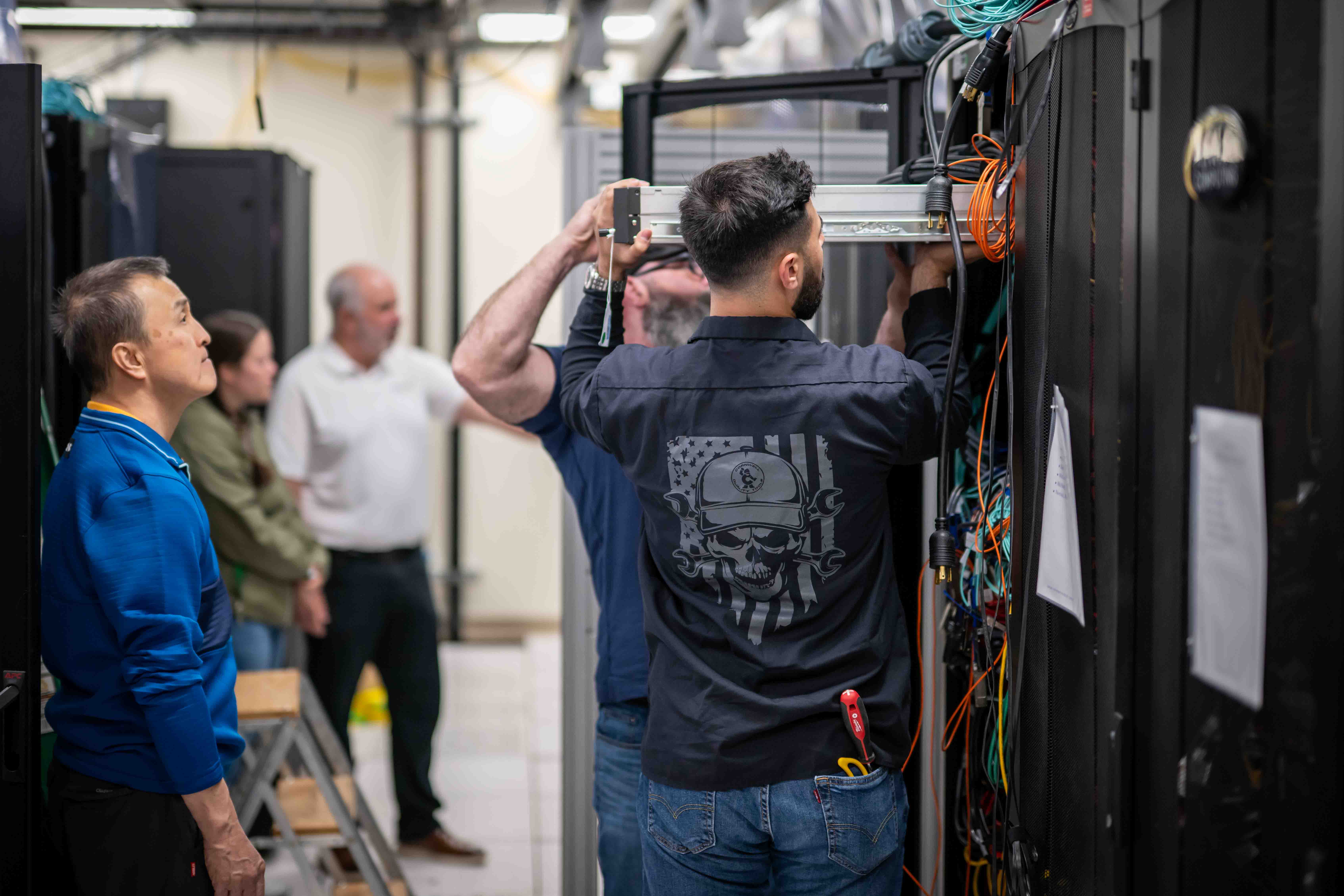wiltonmorisset
About wiltonmorisset
The Evolution and Impact of Private Jets In Trendy Aviation
Within the realm of aviation, few symbols of wealth and exclusivity resonate as strongly as the private jet. Once the domain of the elite, private jets have advanced considerably over the many years, reworking not only how the affluent travel but in addition influencing the broader aviation industry. This text explores the rise of private jets, their socio-financial implications, and their environmental affect, providing a complete overview of this luxury mode of transport.
The history of private aviation may be traced again to the mid-twentieth century. The introduction of the primary enterprise jets, such as the Learjet 23 in the 1960s, marked a pivotal moment in aviation. These aircraft were designed to cater to the wants of enterprise executives who required environment friendly travel between conferences and corporate events. The convenience of flying directly to smaller airports and avoiding commercial flight hassles quickly made private jets a most popular alternative for the rich. Because the demand for private journey grew, manufacturers began to innovate, resulting in the development of larger, faster, and more luxurious jets.
Immediately, the private jet market is a multi-billion-dollar business, with a various vary of aircraft accessible to go well with varying needs and preferences. From small, nimble jets like the Cessna Quotation to the opulent Gulfstream G650, which can accommodate up to 19 passengers in a lavish setting, the options are plentiful. This variety has democratized access to private aviation to some extent, permitting more people and companies to contemplate private jet travel as a viable possibility.
The rise of fractional possession and jet card packages has additional expanded the private aviation market. In case you have just about any questions relating to where as well as the way to use privatejetscharter.review, you can e-mail us on our web-page. Fractional possession allows a number of individuals or corporations to share the costs of buying and operating a jet, making it more financially accessible. Jet card packages offer a pay-as-you-go model, permitting prospects to buy flight hours with out the long-time period commitment of ownership. These improvements have made private jets extra appealing to a broader viewers, together with small enterprise house owners and high-web-worth people who might not have previously considered private travel.
Nonetheless, the comfort and luxurious of private jets include vital socio-financial implications. While they offer unparalleled flexibility and consolation, private jets are sometimes criticized for their environmental affect. The aviation trade contributes approximately 2-3% of world carbon emissions, and private jets, which typically have a better per-passenger carbon footprint than industrial flights, exacerbate this challenge. Based on some estimates, a private jet can emit up to 14 instances more carbon dioxide per passenger than a commercial flight. As considerations about local weather change proceed to rise, the private aviation sector faces increasing scrutiny from environmentalists and policymakers alike.
In response to rising environmental considerations, some private jet manufacturers and operators are exploring more sustainable options. The development of electric and hybrid aircraft, as well as using sustainable aviation fuels (SAF), goals to reduce the carbon footprint of private aviation. Companies like NetJets and VistaJet are investing in analysis and development to create greener alternate options, demonstrating a commitment to addressing the environmental challenges related to private jet travel. Nevertheless, the transition to sustainable aviation stays advanced and expensive, and the trade must stability the demand for luxurious and comfort with the pressing want for environmental responsibility.
Moreover, the private jet business can be influenced by socio-political elements. The COVID-19 pandemic considerably impacted air journey, resulting in a surge in private jet utilization as individuals sought to avoid crowded industrial flights. The pandemic highlighted the necessity for safety, privateness, and flexibility, further entrenching the place of private jets as a most well-liked mode of travel for the rich. Because of this, many private jet companies reported increased demand, with some even struggling to sustain with the surge in bookings.
The socio-political panorama additionally plays a job in shaping public notion of private jets. In an era of increasing wealth inequality, the sight of private jets at airports can evoke combined emotions. Whereas some view them as an emblem of success and achievement, others see them as emblematic of a growing divide between the affluent and the common citizen. This dichotomy is further exacerbated by the media protection of excessive-profile people using private jets for short journeys, which might be perceived as extreme and irresponsible in gentle of environmental issues.
Regardless of these challenges, the allure of private jets stays robust. For many, the expertise of flying in a private jet is synonymous with luxurious and exclusivity. The power to customise every aspect of the journey, from in-flight catering to personalized service, creates an unparalleled journey experience. Private jets additionally provide the benefit of time financial savings, permitting travelers to bypass long security lines and airport delays, making them an attractive choice for busy executives and high-profile people.
Because the private jet trade continues to evolve, it is important to consider the broader implications of this mode of journey. The balance between luxurious, convenience, and environmental duty will form the way forward for private aviation. Innovations in sustainable expertise and a dedication to lowering carbon emissions might be essential for the industry to thrive in an more and more eco-conscious world.
In conclusion, private jets have come a great distance since their inception, evolving into a complex and multifaceted trade that displays broader societal tendencies. While they offer unparalleled convenience and luxury, the environmental impression and socio-economic implications of private aviation cannot be missed. As the business navigates these challenges, its ability to adapt and innovate will decide its future within the ever-altering panorama of worldwide travel. The question stays: can the private jet business reconcile its luxurious image with the pressing need for sustainability? Only time will tell.
No listing found.


